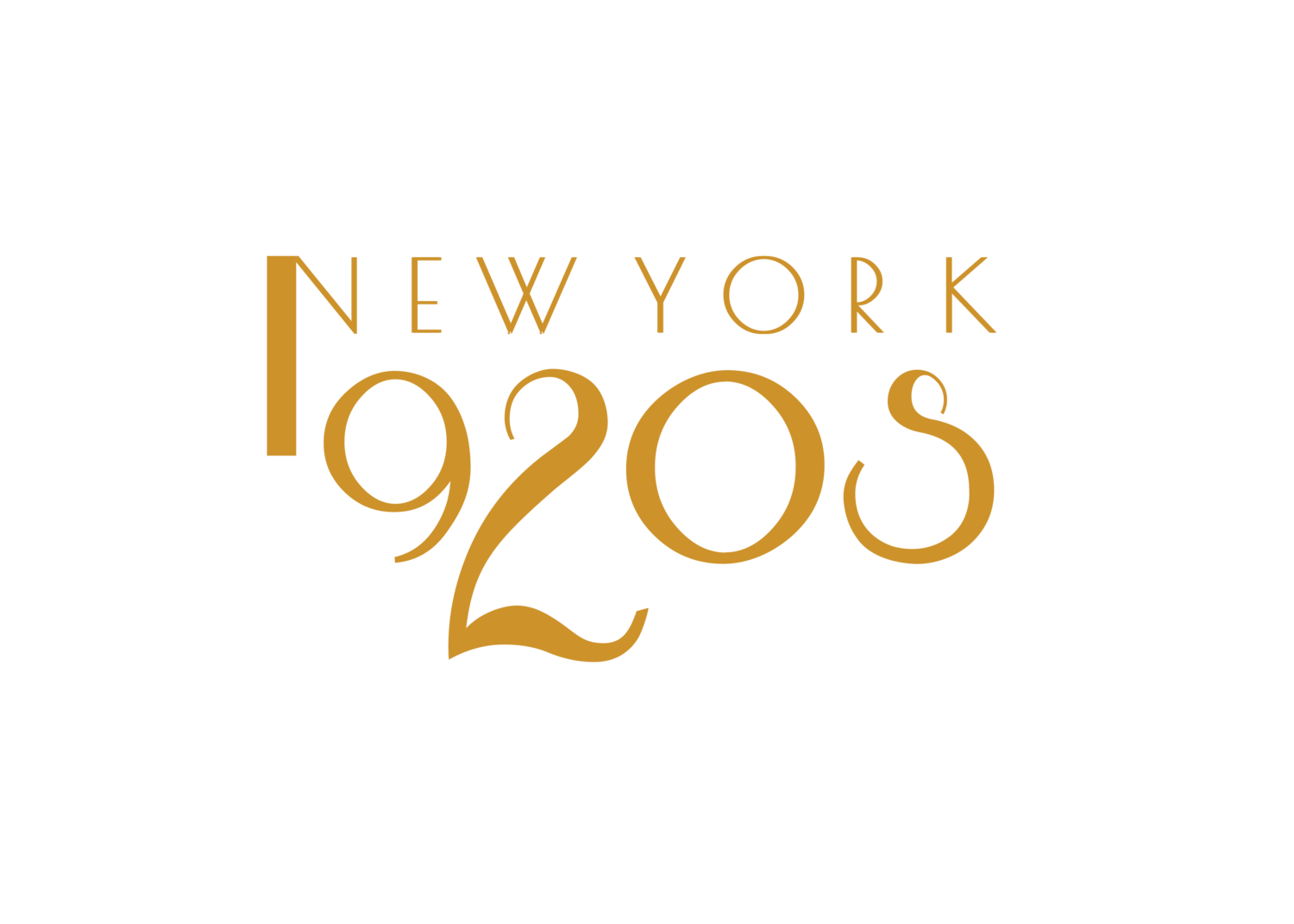John Dos Passos, Three Soldiers
Brooklyn Daily Eagle, 20 September 1921, p. 6. Newspapers.com.
One hundred years ago today … John Dos Passos’s Three Soldiers was published by George H. Doran. The Eagle announced it as “the first novel by an American modernist.”
It topped a list of new volumes that included a variety of titles including historical fiction by Maud Diver and Ralph Henry Barbour, John Mills’s account of the splitting of the atom, several religious works, and a guide for making lampshades.
The Eagle book critic John V.A. Weaver would review Three Soldiers:
Here for the first time is indicated the filth, the beastliness of the army vocabulary: of course, he would not dare to write it down verbatim. But the mental attitude, and its reflection in the conversation of daily army life are shown as graphically as necessary.
Dos Passos' book is a Symphony of Hate. Most of all, he hates war. Next, he hates the discipline of the war-machine. He hates the methods of press and pulpit and whatnot which instilled into men a fury against the enemy, and made it possible for persons naturally peaceable to become "fighting units" in the full sense of the words. These are his abstract opponents,
In the six books he shows what happened to three men from different walks of life who were caught up in the "selective" machine of the draft, and made Into soldiers. Apparently men who enlisted voluntarily didn't interest him much. He washes his hands of them. But Fuselli, a big-city "wop"; Chrisfield, an apple-knocker from the fields of Indiana, and Andrews, a musician and a Harvard graduate, are fair and representative types.
“Personally Conducted,” Brooklyn Daily Eagle, 24 September 1921, p. 3.
Cover of Three Soldiers (1st edition, 1921). Wikicommons.
Doran publicized the book by spreading the story of Dos Passos’s pitching it in the editor’s offices.
New York Tribune, 28 September 1921, p. 9. Newspapers.com.
–Jonathan Goldman, September 20, 2021
TAGS: modernism, literature, novel, fiction, World War I, reviews, print, publishing, advertising
